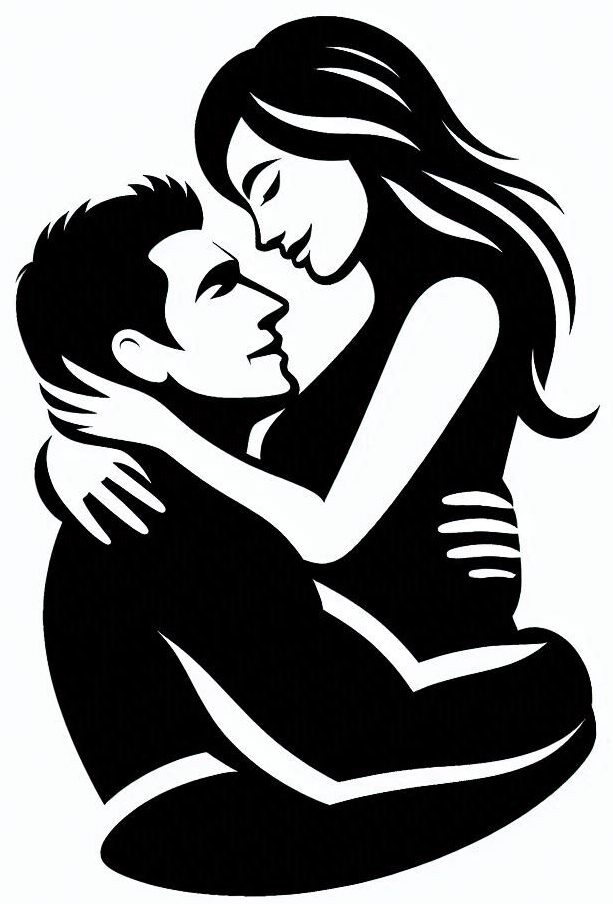Erectile dysfunction, often dubbed as ED, is when a guy finds it tough to get or keep an erection firm enough for sex. It’s not just something that affects folks as they get older; it can actually happen at any age, though it’s true it’s more common as the years rack up.
Misunderstandings about ED abound. Some folks think it’s purely a result of getting old, or that it’s always linked to some life-threatening disease. The reality is, ED can have a whole mix of causes, both physical and psychological. We’re talking things like stress, anxiety, diabetes, heart issues, and even just having too much on your mind.
Stats tell a part of the story. Did you know that around 18% of men in their 20s and 30% in their 50s experience issues with erections? Yep, it’s that common. And remember, these are just numbers and not a reason to feel isolated or lost.
When we talk about causes, it’s like untangling a web. Physically, it could be anything from high blood pressure to obesity. But let’s not forget the mind. Stress from work, relationships going south, or even depression can throw things out of whack.
And here’s a quick pro tip—knowing those early signs of ED, such as difficulty amid intercourse or reduced libido, helps you get out in front of it before it becomes a bigger roadblock. Spotting the signs early can make all the difference in managing things healthily and confidently.
Therapists’ Perspectives: Navigating the Emotional Aspects of ED
Living with erectile dysfunction isn’t just about the physical hassle—there’s a mental part that hits harder than people think. It’s like a double whammy, affecting one’s confidence and sometimes shaking the foundations of relationships.
Therapists often talk about how ED can lead to feelings of embarrassment, guilt, or even a hit to one’s masculinity. It’s normal to feel a bit thrown by it, but what matters is how one chooses to navigate those emotions.
You know what’s crucial? Good old communication. Talking openly with a partner can lessen that emotional burden. Therapists suggest starting the conversation early, in a relaxed setting, to stop tension from building up.
And don’t ignore stress as a big player in this game. When life’s pressures mount up, they have a sneaky way of creeping into the bedroom. Strategies like relaxation exercises or focused breathing can help ease the mind’s tight grip and put a bit more chill into the mix.
One of the toughest parts? Dealing with the stigma society slaps on ED. Frankly, it’s time to ditch the idea that it makes anyone less than complete. Changing how folks see and talk about ED in everyday life can make it much easier to handle emotionally.
Therapists underscore the strength that comes from addressing these issues head-on. Seeking professional support is more common than you’d think. It’s not about fixing something broken; it’s about gaining new insights and ways to handle life better with ED.
Proven Strategies: Therapists’ Tips for Managing Erectile Dysfunction
Tackling erectile dysfunction involves more than just a quick fix; it’s about exploring strategies that help address the root causes. A top tip from therapists? Start with communication. Honestly talking with your partner can change the game by removing misunderstandings and easing tensions.
Simple lifestyle changes can work wonders, too. Exercise regularly, eat a balanced diet, and let go of harmful habits like smoking or excessive drinking. These steps not only improve physical health but also mental outlook.
Therapists often recommend mindfulness practices and guided therapeutic exercises. These can include breathing exercises, progressive relaxation, or even meditation. These practices are about bringing calmness and balance to the mind, which in turn helps in more than one area of life.
Cognitive-behavioral therapy (CBT) is another tool in the arsenal. It’s about challenging those negative thoughts and beliefs that can come with ED, putting in place a healthier mindset instead. Many have found CBT effective in reshaping how they view themselves and combatting the psychological factors linked with ED.
While these tactics aren’t overnight solutions, they collectively build a holistic approach to managing erectile dysfunction. That means incorporating physical, mental, and even relational aspects, making everyday life a little less stressful and much more enjoyable.
Beyond Therapy: Combining Professional Guidance with Medical Treatments
When managing erectile dysfunction, teaming up with healthcare professionals often leads to the best outcomes. Therapists emphasize the benefits of combining their insights with medical treatments for a holistic approach.
Many folks think of ED treatments only in terms of medications like Viagra or Cialis. However, when combined with therapy, these can become even more effective. Professional guidance helps align treatment with personal needs and lifestyle.
Doctors and therapists working in tandem is all about creating a personalized plan that fits just right. This team effort can make navigating treatments clearer and more reassuring.
Exploring non-invasive treatments like vacuum erection devices or penile injections might sound daunting, but they can be valuable parts of a treatment plan. Medical professionals can guide through these options thoughtfully and safely.
Keeping an eye on the horizon, there’s a lot of promising research and innovations in ED treatments. From better pills to improved therapies, new solutions continue to emerge, offering hope for more effective management of ED.
While ED can feel overwhelming, leveraging both therapy and medical treatment empowers individuals to handle it in ways that best suit their unique situations. It’s all about finding the right combination that works.

